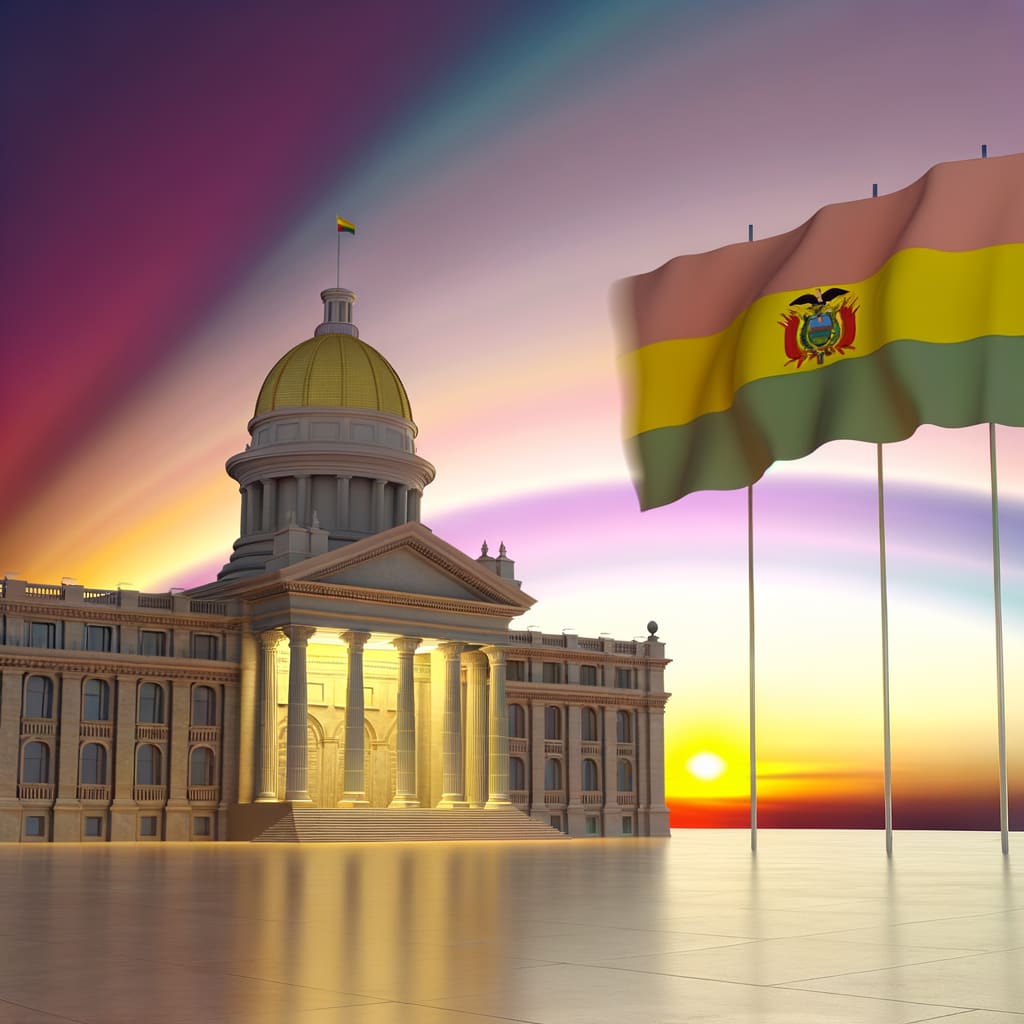Bolivia Elects Rodrigo Paz as President, Ushering in a New Political Era
In a surprising turn of events, Bolivia's presidential election on Sunday resulted in the election of Rodrigo Paz Pereira, a center-right capitalist who promises to bring a new era of political ideology and economic recovery to the country. The move ends two decades of socialist rule under the Movimiento al Socialismo (MAS) party, marking a significant shift in the political landscape of Bolivia.
A Shift to the Right
Paz Pereira, a 58-year-old economist and senator, won the presidential runoff with 54.4% of the votes against conservative Jorge 'Tuto' Quiroga, according to preliminary results released by the electoral authority. The electoral court's preliminary
tally showed Paz Pereira secured 54.5% of the vote, while Quiroga received 45.5%, with over 97% of ballots counted.
This election marked the first time since 2005 that no candidate from Evo Morales’ MAS party was on the ballot. Paz Pereira's promise of 'capitalism for all' resonated with voters tired of the economic challenges faced after almost 20 years of socialist rule.
A Promising Future
Paz Pereira, the son of former President Jaime Paz Zamora, stated in his victory speech that his government's priority will be economic recovery. This government will bring solutions,
he declared, pledging to reopen Bolivia to the world.
The president-elect also announced plans to reinstate diplomatic ties with the United States, which were severed nearly two decades ago under Morales. In the specific case of the United States … that relationship will be resumed,
he told reporters on Monday after his election victory.
International Reactions
The election drew international attention and congratulations. Brazilian President Luiz Inácio Lula da Silva congratulated Paz Pereira on his victory, as did Iran's Foreign Ministry, which commended Bolivia on the successful presidential election.
However, Paz Pereira will face an acute economic crisis and does not have a majority in Parliament, forcing him to form alliances. His centrist platform with populist accents marks a departure from the socialist governance of the previous two decades and will likely face scrutiny and challenges as he takes office.
Conclusion
Rodrigo Paz Pereira's election signifies a new political era for Bolivia, bringing an end to two decades of socialist rule. His promises of economic recovery and reestablishing international relationships, particularly with the U.S., set the stage for significant changes in the country's future direction. However, the challenges he faces in the wake of an economic crisis and a divided Parliament indicate that his term will not be without adversity.

